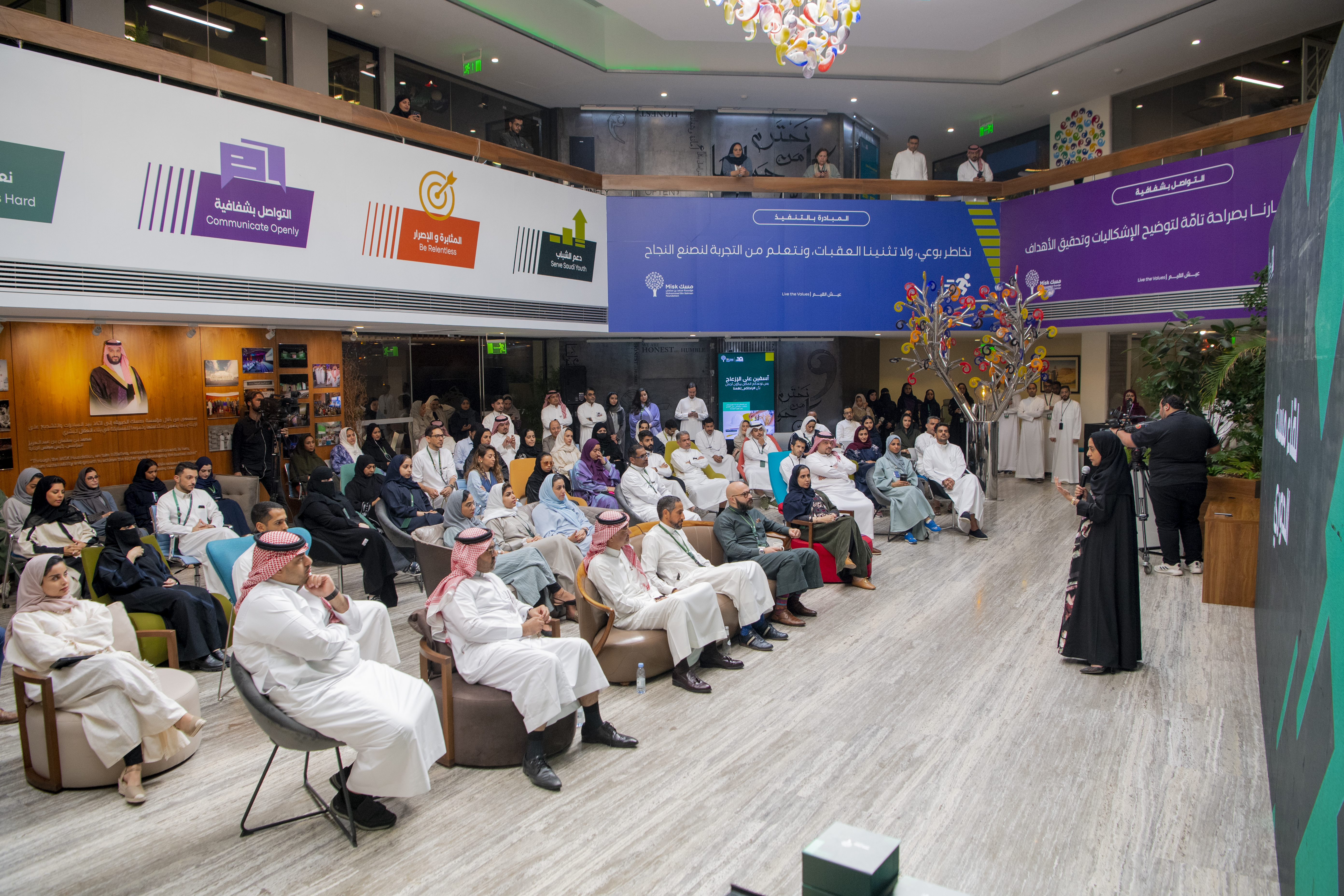
Have you ever had a new coworker ask you a question, only to find yourself eagerly answering follow-up inquiries to share your knowledge and learn more? These naturally curious individuals seek to expand their understanding of work, discovery, and task processes. Curiosity drives learning and allows professionals to continually advance in their careers. Without questions or a desire to discover more, one cannot progress.
This article will explore the characteristic of curiosity and its relationship to flourishing knowledge, learning outcomes, and personal and professional achievement. A curious disposition opens doors to broad horizons and successes otherwise unattainable. Whether driven by God-given gifts or cultivated habits, questioning spurs expansion that fuels success in work and life.
Stay tuned as we uncover curiosity's power in driving learning, discovery, and career growth. An inquisitive approach serves professionals well in an evolving world that rewards continuous skill development and problem solving. Keep questioning - it leads to answers, insights, and opportunities that strengthen performance today and tomorrow.

One evening, a young girl accompanied her parents to the desert region of Unayzah in Saudi Arabia. As night fell, the stars illuminated the sky with their vibrant hues. The girl gazed intently at the celestial bodies, brimming with questions. How could objects so distant shine so brightly? Why were their sizes not uniform? What force prevented them from falling? How might one interact with them directly? These queries lingered in her mind for years as she matured. Today, she has become the first rocket and spacecraft engineer across Gulf Cooperation Council nations.
This curious soul is Mashael Al-Shamimari, a Saudi engineer. Her innate drive to understand the unknown led her down an unconventional yet rewarding path. Curiosity possesses the power to propel one into new and unexpected realms of discovery, both internal and external. It cultivates deeper understanding of personal interests and talents. Indeed, the curious excel not necessarily due to intelligence but due to their fervent desire for illumination. Countless leaders owe their success to a healthy, inquisitive spirit. Nurturing positive curiosity from a young age is thus prudent.
What is positive curiosity?
Positive curiosity can be defined as a desire to learn, research, and explore new ideas and concepts with the aim of personal and professional growth and development. Despite the importance of curiosity as a driver for innovation, it is important to recognize that individuals may not always wish to answer questions, especially those for which they lack knowledge or expertise. Therefore, demonstrate curiosity not just through questioning, but also by taking initiative to independently research topics. Seek out knowledge from written sources before directly engaging others, and only ask others for help when external research efforts have been exhausted.
While curiosity can further understand, some lines of questioning may make others uncomfortable or reluctant to engage. Private or potentially embarrassing subjects should generally be avoided, as they risk damaging rapport or turning people away from further discussion. It is wise to understand appropriate boundaries based on the nature of your relationship with the individual before formally inquiring about sensitive topics. Maintain an awareness of how your questions might be perceived and keep discussions constructive by focusing inquiries within agreed-upon limits.
Curiosity does not end there, as there are a group of types of curiosity, the most prominent of which are:
The Eight Types of Curiosity:
Source: Mindful Engineer
How do we become curious?
Curiosity is a key driver of success and excellence. Developing curiosity allows continual growth and advancement. There are several effective methods to enhance curiosity and pursue knowledge.
Determine what type of curious personality you possess. Remember that success stems from accumulated lessons, not innate traits. Distinguished figures achieved through experiments, plans, and efforts that did not come to fruition on first attempts. Continue expanding your cognitive abilities to apply lessons learned from both victories and setbacks.